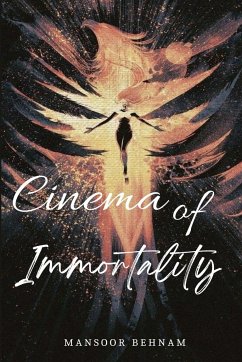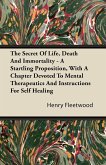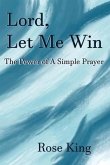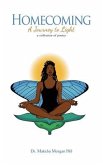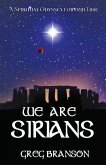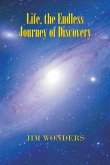This thesis uses tenets of Persian/Islamic mysticism (also known as Sufism) such as the ineffable and the invisible interpreted through Gilles Deleuze's metaphysics of immanence. Immanence refers to the genetic and sometimes biological principle of creation that is inherent in reality; in other words, it is the vitalism, the invisible life force that animates matter while differing fundamentally from matter. In contrast, Islamic mysticism attributes these forces of creation to an absolute transcendence/ God that, from a higherposition) precedes reality and controls it from outside. Deleuze and especially his conceptions of the time-image have been used extensively in discussions of experimental cinema. I argue that by considering experimental cinema through a Sufi lens, especially the unrepresentability or invisibility-but omnipresence-of the image-less God, this approach will open up opportunities to encourage the vital practices of thinking and concept-making through experimental videos: a kind of thinking that subverts conventional images of thought in order to achieve more abstract thoughts and images that express pure immanence. I use and connect mystical concepts, such as qaib (the world of Absence) and the Unity of Being (Existence), to several concepts from the philosophy of immanence, such as becoming-imperceptible and Univocity of Being.

